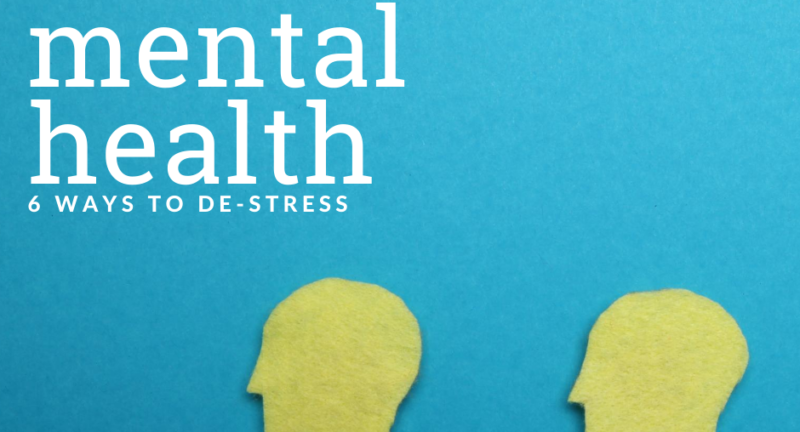
What is Bipolar Disorder?
Bipolar Disorder
Bipolar disorder is quite a common occurrence in today’s society, but what exactly does the term mean?
Many think of bipolar disorder as consisting of “mood swings.” They also may have the impression that a diagnosis of bipolar disorder implies an inability to control anger or regulate emotions.
While it’s true that people suffering from severe bipolar disorder may have trouble with irritability or emotional instability, the truth is that true bipolar disorder has little to do with moment-to-moment mood “swings.”
Instead, the characteristics of bipolar disorder include distinct episodes of mania or hypomania sometimes alternating with bouts of depression.
Manic Episodes
Manic episodes typically last from four days to a few months. During this time, the person may experience excessive amounts of energy, a decreased need for sleep, euphoria (an unnaturally elevated mood), irritability, and/or excessive involvement in projects or activities. These are just examples, and not everyone shows every symptom.
For someone to be genuinely manic, then many—but not all—of these symptoms must be present. Sometimes the mania may be so severe that the person hears voices or becomes paranoid. He or she might have grandiose delusions—for instance, thinking they’re a genius or wealthy or famous—and even lose touch with reality. If they think they can do anything and not get hurt, they might try some risky or even dangerous things.
Milder manic episodes are referred to as hypomania. With these, the person can feel “just wired” for a few days at a time. Although hypomanic episodes may not cause someone to become psychotic and lose touch, the episodes can still be dangerous.
Risks of Untreated Manic Episodes and Depressive Episodes
One of the most dangerous aspects is that multiple untreated manic or hypomanic episodes can be very harmful to the brain. They can sometimes even lead to cognitive impairment and/or decreasing IQ over time. (This can happen because leaving mania untreated is a lot like running a car eighty miles an hour all day, every day. Eventually the motor—the brain—will break down.)
Depressive episodes are defined as at least two consecutive weeks of persistently depressed mood and/or a reduced capacity to find pleasure in things the person previously enjoyed. There can be other symptoms, too, like low energy, fatigue, a change in appetite or weight (either more or less), and problems with sleep (sleeping too much or insomnia).
True bipolar disorder is challenging to diagnose. Someone in the middle of a manic or hypomanic episode often feels really good—usually too good, maybe even euphoric. They don’t see it as a manic “episode,” so they don’t go for help.
Many people finally get into treatment when they’re in the middle of a painful depressive period. When this happens, they’re sometimes misdiagnosed as just having depression when in fact they have bipolar disorder.
This leads to the next problem: Misdiagnosing bipolar disorder as plain old depression—sometimes called “unipolar” depression—is also a serious issue. That’s because the treatment for depression is very different from treatment for bipolar disorder. Unfortunately, it is fairly common for bipolar depression to be misdiagnosed as unipolar depression.
The worst problem is that medication for unipolar depression can sometimes make true Bipolar Disorder much worse.
The Right Treatment Can Help
If you, or someone whom you love, are struggling with Bipolar Disorder, we can help.
Call us at 502-339-2442 or get in touch with us at to book an appointment with one of our physicians or therapists.
And please, if you’re not comfortable getting help from us, get help from another qualified doctor or therapist.
Because you can count on this: Life and the future, even with bipolar disorder, can and will be much brighter with treatment.
Related Posts
Boost Your Mental Health with These At-Home Activities
Whether you're stuck at home quarantining after a COVID exposure or you're simply...
Stress and Mental Health: How Is Your Brain Affected?
Stress is frequently linked to physical issues (like headaches, muscle tension,...


